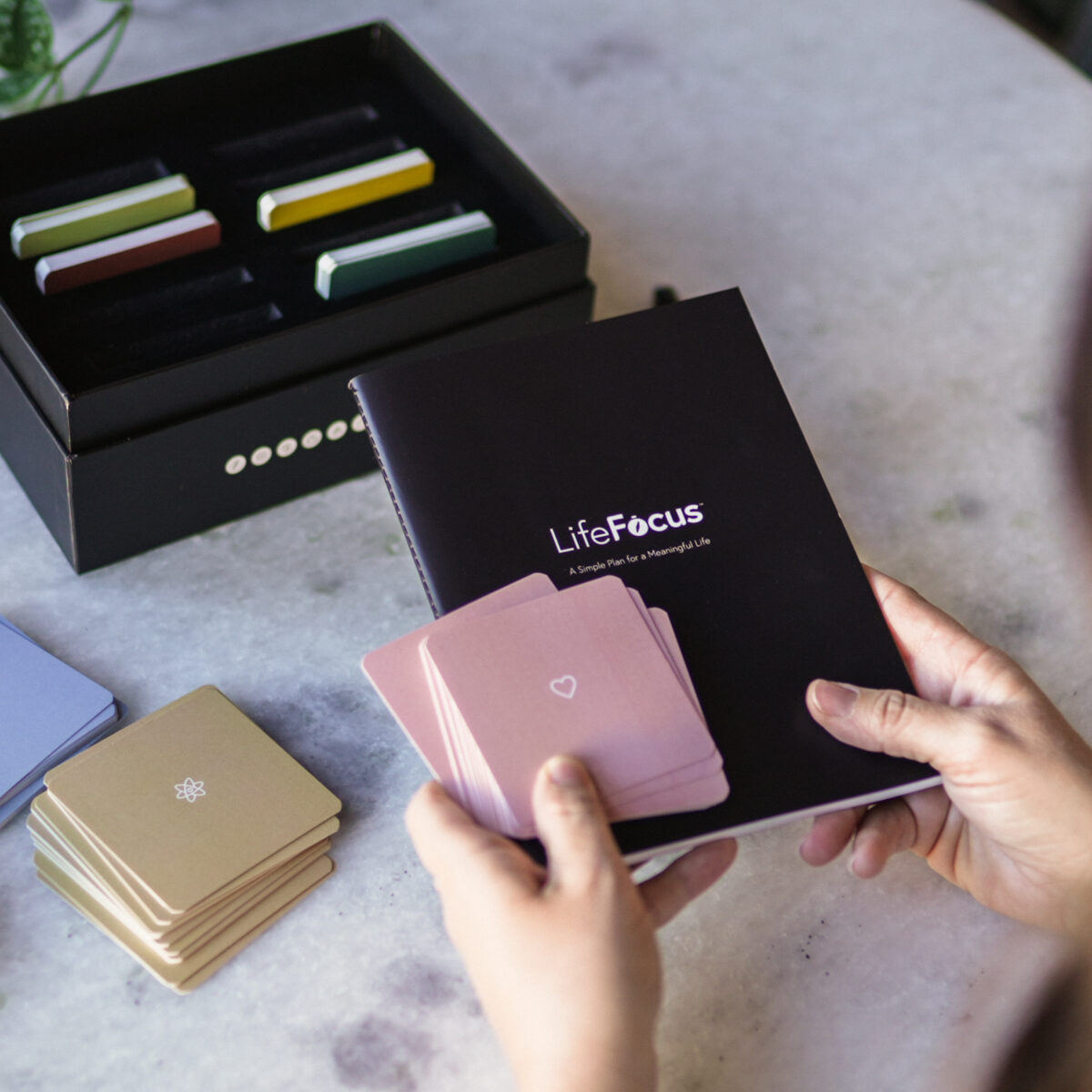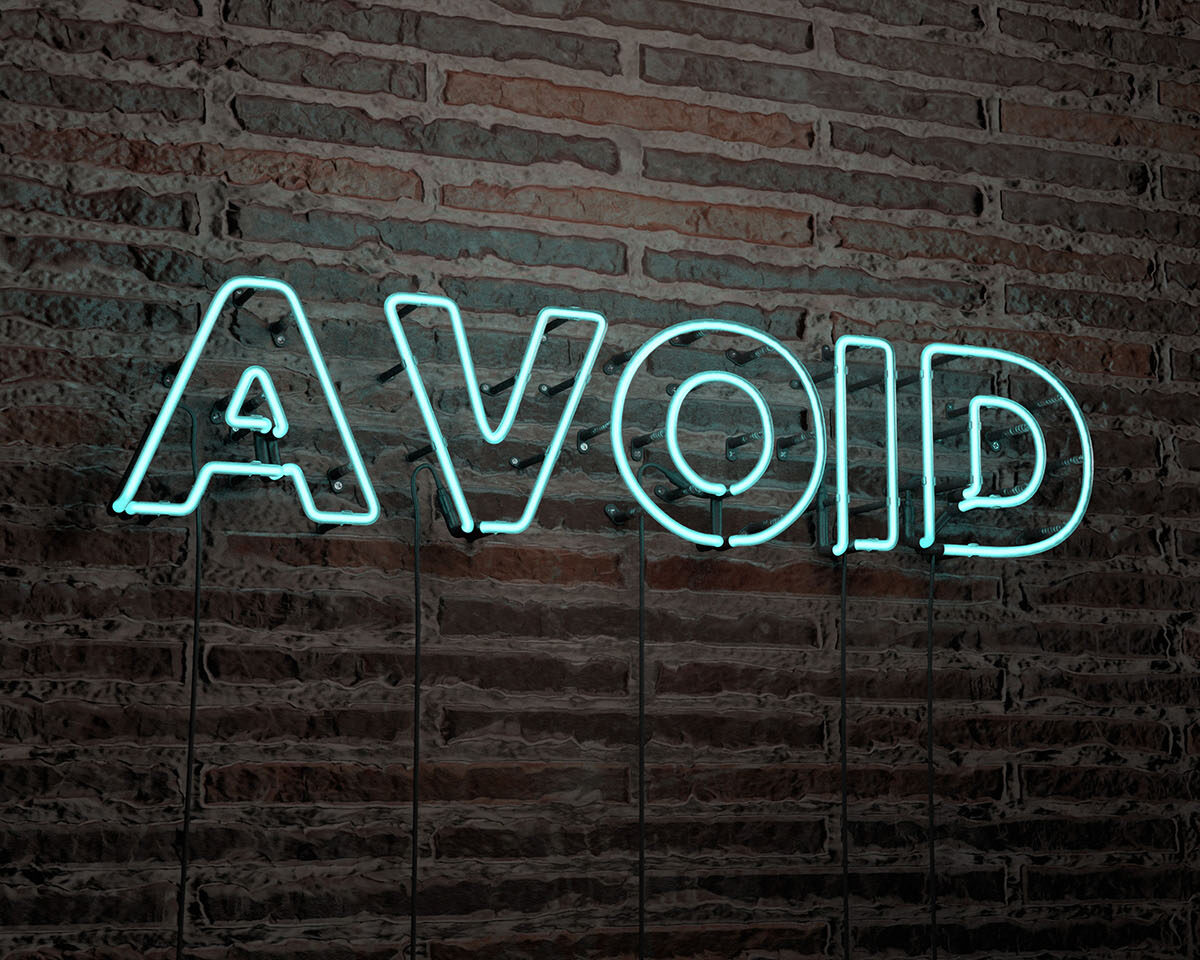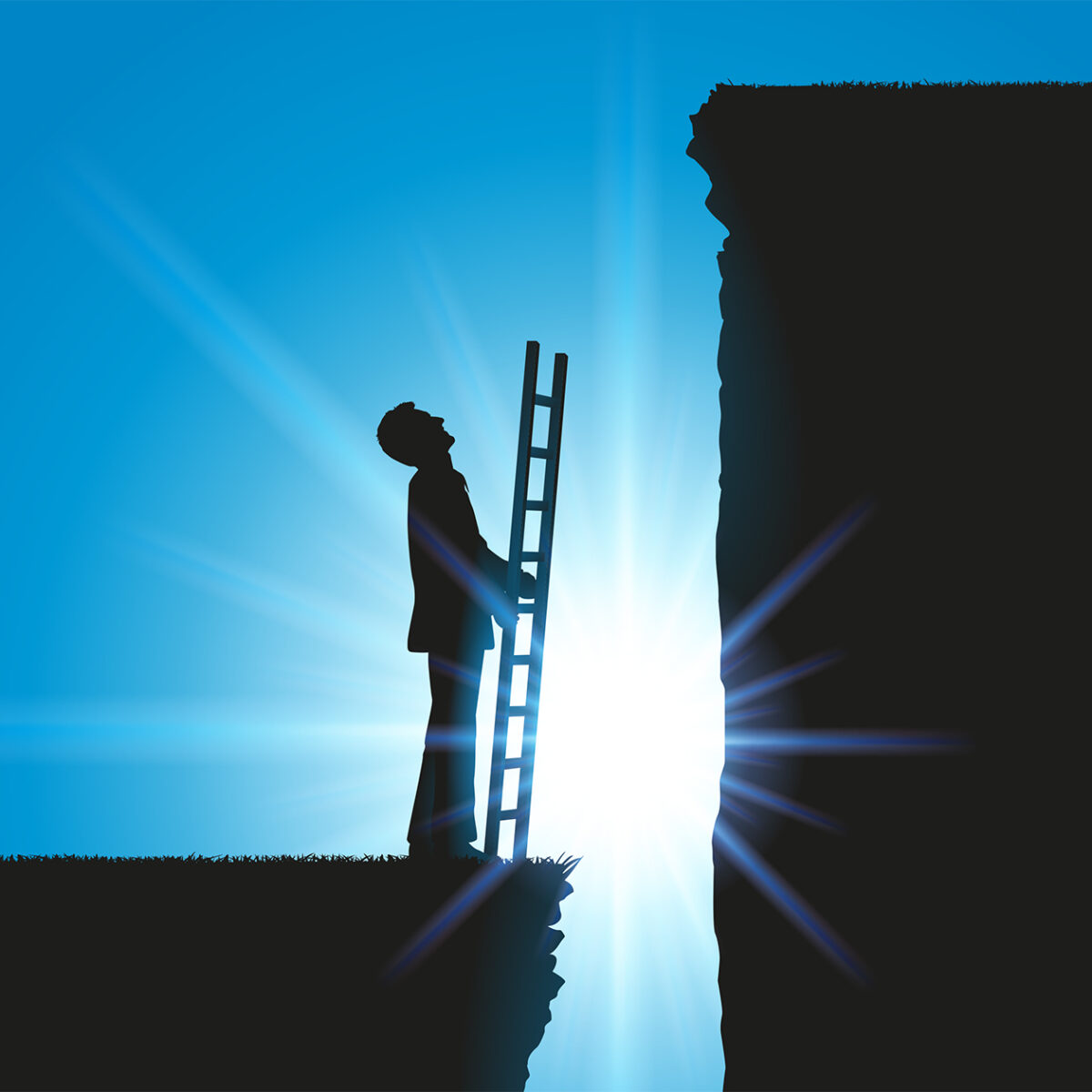4 Ways You Can Get the Rest You Need for the Results You Want
No sleep.” “I’ll sleep when I’m dead.” “Sleep is for the weak.” I often see motivational statements like these hashtagged on social media.
The idea is to spur high-achievers on to work harder for better results. But what if that’s exactly backwards? What if our willingness to shortchange our sleep is actually sabotaging our success?
The Problem with #NoSleep
I have argued for years that adequate rest is vital to our focus and our success. Sleep expert Shawn Stevenson recently reminded me just how true this is.
Case in point: In the past doctors trained with very little sleep. That’s slowly changing in part because of an alarming study Stevenson shared with my audience, and a larger body of medical evidence of just how bad sleep deprivation is for you.
The Lancet studied doctors who went without sleep for twenty-four hours. Physicians in that restless state were 20 percent more likely to make mistakes and took 14 percent longer to do routine tasks. The effects of sleeplessness were similar to what you’d see if the doctors had been drunk.
What’s true for doctors is true for all highly motivated people, Stevenson said. Folks may think it’s smart to skimp on sleep but “in reality, most of the people who are buying into that are not successful—they’re not even close to successful.” While a few “anomalies” might pull it off, most of eventually “fizzle out.”
And unfortunately, says Stevenson, these stubborn #NoSleepers often “create massive problems in their metabolism, in their endocrine system. They just really hurt themselves physically while they’re chasing the almighty dollar.”
4 Ways to Ace Your Zzzzs
Stevenson has nothing against success. Far from it. He just knows from painful personal experience and from helping others how important good sleep is to getting good results in our lives.
When we face time crunches, sleep is often the first thing to get cut. It may seem efficient and even smart at the time, but it’s not. “In reality, you getting that optimal sleep is going to enable you to wake up and do the job to the best of your ability,” Stevenson says.
He’s written a very helpful book on sleep titled Sleep Smarter. I’ve read it twice and continue to benefit from it. I encourage my readers to buy and read the book for themselves.
Stevenson’s message is not about prescribing an exact amount of time we should sleep. It’s more like a sliding scale. “Our sleep cycles are between 75 minutes and 120 minutes on average,” he says. “We need four to six of those per night.”
To get the most from those sleep cycles, the quality of our sleep really matters. Here are four strategies to get better sleep so we don’t, as Stevenson says, “wake up feeling like a piñata after the party.”
1. Put away the Gadgets and Smart Phones
The best sleep is low-tech with the sounds and lights and electricity of apps and devices well away. Turn it all off, to the greatest extent that you can.
Right now that’s not happening. Too many people today—and especially young people—are “sleeping with their cell phones literally next to their head on their pillows” and keeping all of the notifications on, inviting the outside world to mess with their sleep.
They could actually use be using technology to help them tune this out: iPhones, for instance, allow us to shut down all notices and to screen out all calls except from close friends and family so they can reach us in the event of a genuine emergency.
2. Get Ready for Bed
We have routines for many things throughout the day and often have routines for how to put our children to bed. But too many of us don’t have our own routines for how to shut down. We just flop into bed and hope that it happens.
An optimized bed-time ritual can automate this process for us, allowing our brains and bodies to downshift so we’re not up hours longer than we want.
3. Consider Music
One way to battle “inner chatter,” Stevenson says, is to play the same song or set of songs every night at bedtime. He was able to get a son to sleep through the night, every night, starting at six weeks, by playing the same music.
Though we now have a different bedtime ritual, I used to listen to the same four songs every night while falling asleep with Gail.
4. Be Careful What You Eat and Drink
Many people drink a glass of water before bed and then have to get up to go to the bathroom. Staying hydrated is important, but Stevenson says it’s best to do so throughout the day, often starting in the morning.
If possible, it’s best not to eat anything for a few hours before going to bed. If you get must eat something, it’s best to avoid things that are too sugary or starchy. For better sleep, the best bet for a late night snack is probably a few nuts.
There are many more ideas for how to get a better sleep in Sleep Smarter. The bigger picture, which Stevenson would wholeheartedly endorse, is that a good night’s sleep is essential to seeing the results you desire in work and life.
Disclosure of Material Connection: Some of the links in the post above are “affiliate links.” This means if you click on the link and purchase the item, we will receive an affiliate commission. Regardless, we only recommend products or services we use and believe will add value to our readers. We are disclosing this in accordance with the Federal Trade Commission’s 16 CFR, Part 255: “Guides Concerning the Use of Endorsements and Testimonials in Advertising.










